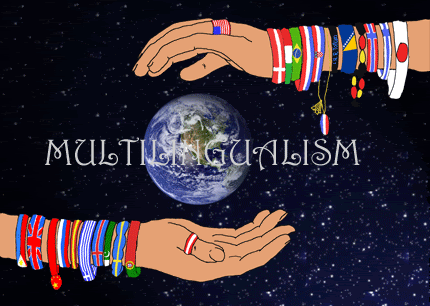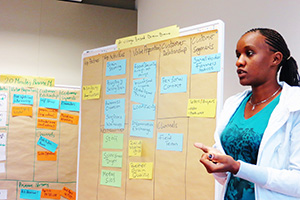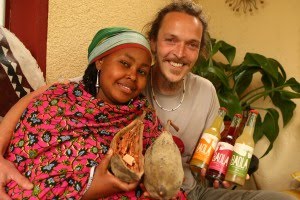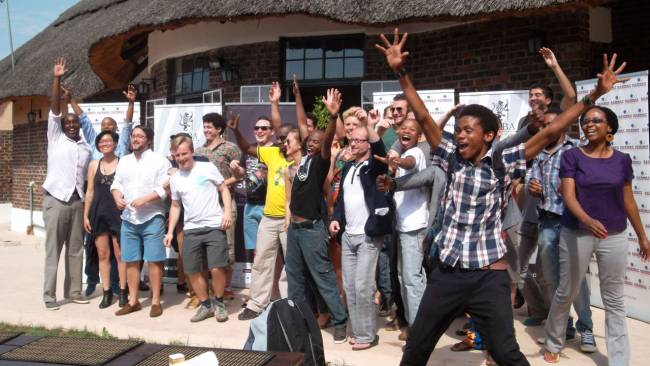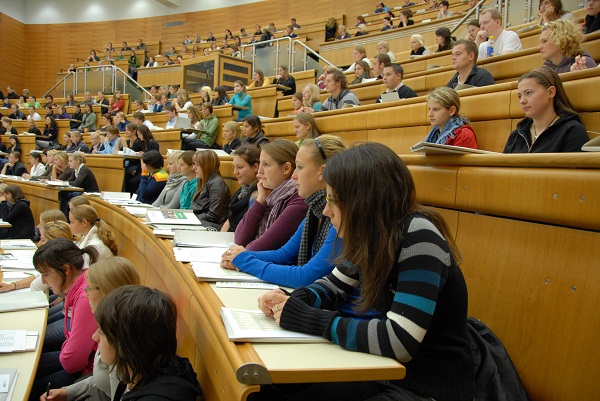African languages are fast losing their grasp of their children. Very few young Africans speak native African languages anymore, especially those born in urban centers. In most cities in Africa the younger generation mainly speak English, French, Arabic or German as their first language, while they take some other foreign language in school mainly European languages or Chinese (the new hype). This might be used as defence to explain why many children born in the diaspora don’t speak any native languages but then again there are other reasons.
Some of the myths perpetuated about teaching children multiple languages while they are still young include:
- It will confuse the child
- The child will experience speech delays
- The child will mix up the languages
- Children can’t learn new languages beyond age 7
- As long as you speak the language, your child will “absorb” the language naturally
All these have been bursted by experts and even real life stories. Most Kenyans I know speak at least three languages and none of them seem confused, they do mix words from the different languages but that is usually because of laziness or not paying attention or just trying to be creative, what we call Sheng. Diasporans who haven’t made a conscious effort know that children won’t speak your native language just because both parents are from the same tribe, look at how many in Kenya still don’t even speak Swahili let alone their own mother tongue.
Experts advice that the best time for children to learn languages is before they hit 3, the next best time is between 4 and 7 years of age after that it does become tricky but they can still learn from between 8 and puberty. After puberty then the child needs to translate the new language to their native tongue to communicate which makes it a bit harder.
According to the Sprachförderung in Kindertagesstätten report (Bonn, 2000), they encourage migrants living in Germany to teach their children their mother tongue in order for the child to develop a positive self-image. “A child learning their parents’ mother tongue plays an important role in the child’s self-identification. The child’s first language helps transfer to them social rules, norms and values.” The report notes that most Kindergarten teachers insist that migrant parents only speak German to their children when they get to the Kindergarten and avoid speaking mother tongue. A practice the report discourages.
Studies have shown that understanding mother tongue for any child improves how fast the child learns other languages. Unfortunately, the child doesn’t absorb the language from the environment and the parent(s) have to make a conscious decision to teach their children their mother tongue.
Some might argue about the use of native African languages as a measure of a person’s Africanness which is a whole new other topic. Truth is many children in the diaspora as they grow older would like to speak at least one native language as their parents but they can’t even learn later due to the limited learning resources for most African languages, so you as a parent can save them the trouble and money. Better teach them and they never use it than not teach them and they start wishing they had learnt.
Groups like the Creative club in Köln where children learn Swahili or the Treasure Dance Kids club in Potsdam where kids get to learn Luo are definitely ideas we can emulate. It’s definitely not easy to teach children native languages in a foreign country but it’s definitely easier and more cost effective than trying to learn African languages as an adult. As for the older generation Kenyans here in Germany who speak our languages better, please do take time to teach the languages to the younger generation whether be it through songs or even simple games.
And if there is an older person in your area willing to teach your kids an African language even if not your own, do take up the offer and have our languages preserved for the next generation. It’s great to meet an Onyango who only speaks Kikuyu or a Kamau who only speaks Somali and not a word from their “own” languages. The only way we can preserve our languages and create unity is to have the next generations learn these languages. How better to beat tribalism than have different tribes learn each other’s’ languages?
And for those of us who can speak African languages, please don’t judge and criticize those who can’t but instead help those who’d like to learn.
You may also check out frühe Mehrsprachigkeit an Kitas und Schulen

